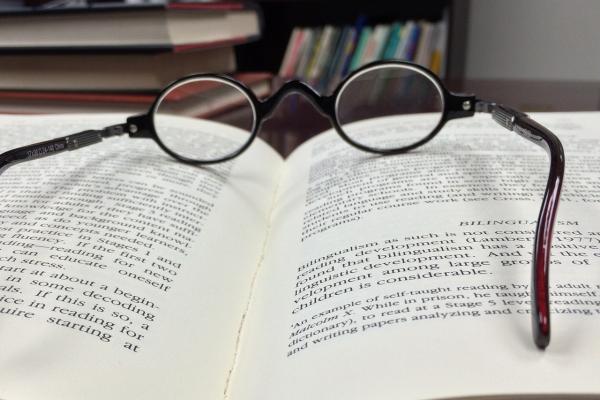I have to admit that I am a sucker for Dashiell Hammett, Raymond Chandler, and James Ellroy, all of whom evoke the 20s and 30s feel of San Francisco and LA, my hometown. Chinatown is one of my all-time favorite movies, and upon last viewing, at least for me, it has held up well despite its director and his cameo appearance.
“I was struck by how, after all these years, Chinatown looks both of its time and ahead of it. The film’s warning that unaccountable power was shaping our lives in ways we couldn’t understand very much reflected the political sensibility of the late ’60s and early ’70s. That mood produced a torrent of transformative laws under both Lyndon B. Johnson and Richard Nixon meant to intensify government oversight of business power (through environmental, consumer-protection, and workplace-safety regulation) and public oversight of government power (through campaign-finance reforms and other transparency measures). Yet the film’s tragic ending anticipated the likelihood that all of these reforms, despite the good they might do, would not remake a society in which those with wealth and power, like Cross, routinely roll over those without.”
The Atlantic’s The 1970s Movie That Explains 2020s America dives into what the film’s “message” speaks to about today.
And now for the two-fer. Another piece from The Atlantic on Chinatown.
“True to the New Hollywood ethos, Chinatown asks where it all went wrong. Los Angeles—which had long advertised itself as a utopia where anyone could find a fresh start—was always at risk of forgetting its past, and Chinatown arrived with a grim, clear-eyed version of events: The city was born from corrosive greed, and you’re better off not knowing too much about it. Even now, the film has something to say about the city’s past, while offering a warning for its future.”
Forgive me; I so loved that movie.
Cal Newport has long railed against the all-consuming attention vacuum of social media. Here, he writes using an interesting analogy.
“What is a TikTok dance mash-up if not a digital Dorito?
—
This analogy between food and media is useful because it helps us better understand responses to the latter. In the context of nutrition, we’re comfortable deciding to largely avoid ultra-processed food for health reasons. In making this choice, we do not worry about being labeled “anti-food,” or accused of a quixotic attempt to reject “inevitable progress” in food technology.”
From his blog, On Ultra-Processed Content
If you have followed my writing, you will know I have a special place in my heart for the oft-maligned, ever-tasty potato. So, I am buoyed to discover that I am not alone.
“Potatoes aren’t just amazing from a nutritional point of view—they are one of the original disruptive food technologies. First domesticated in the Andes and then brought to Europe by Spanish colonizers in the mid-1500s, wherever potatoes were grown they supercharged local societies. Potatoes were well suited to growing in cool, wet, European climates and produced veritable bounties compared with established crops like wheat, barley, and oats.
An acre of field could serve up over 10 metric tons of potatoes, according to the diary of an 18th-century British farmer. The same area of wheat would yield only 650 kilograms, so it’s little wonder that leading thinkers started singing the potato’s praises. “No food can afford a more decisive proof of its nourishing quality, or of its being peculiarly suitable to the health of the human constitution,” wrote the philosopher Adam Smith in his influential treatise The Wealth of Nations.”
From Wired, Potatoes Are the Perfect Vegetable—but You’re Eating Them Wrong Now, we only need a few new recipes.




